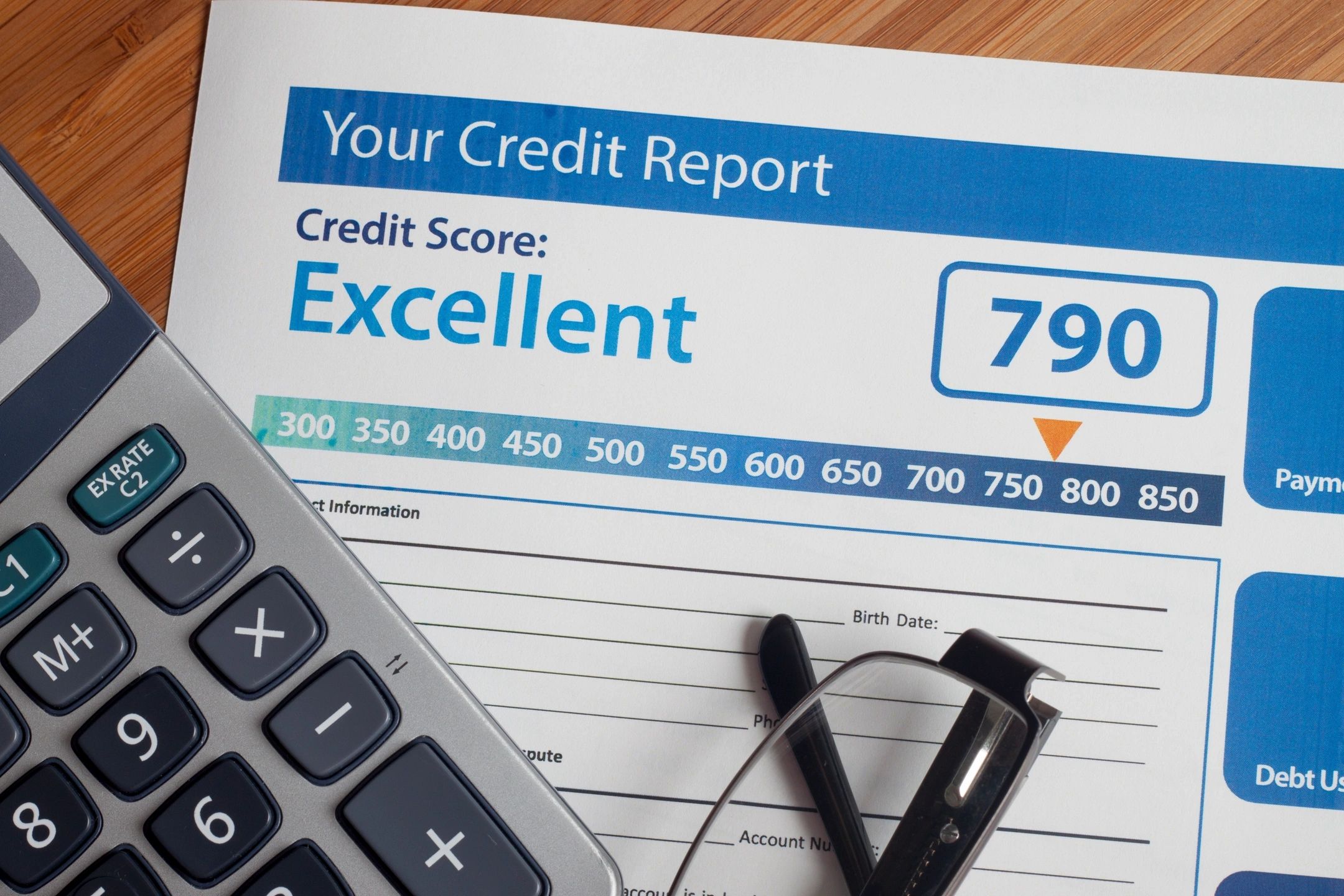An Insider’s Guide to Getting a Low Rate
Everyone wants a low interest rate when shopping for a home loan. It directly affects your monthly housing payment for years to come, so it pays to make sure you’re taking every opportunity to reduce your interest rate if at all possible.
When you apply for a loan with a mortgage broker like us, we’re doing the shopping for you – comparing rates among 50+ lenders to get you the best deal – but shopping among lenders is not the only way to get a lower interest rate.
There are a handful of factors that make up a conventional rate quote.
Credit Score
The higher your credit score, the better rate you will receive, up to a certain point. If you have a 740 or higher, you’re typically getting the best rates on standard conventional loans and won’t be rewarded for anything higher than that.
Jumbo loans, portfolio loans, and non-QM loans will often give a discount for even higher score brackets. Some have the same rates at 760 as they do for 780 or 800+, but a handful of lenders will continue to discount for the small increases.
All borrowers applying or the loan need the same high scores to get the benefit, so if one person has a low score, the rate must be quoted based on the lowest “middle” score out of all applicants.
Credit scores affect mortgage rates in 20 point increments.
Our FHA, USDA, and VA lenders will accept lower credit scores for these programs – scores in the 500’s may be accepted.
Jumbo lenders, portfolio lenders, and non-QM lenders accept a range of scores depending on the guidelines of each program.
For a conventional loan, a minimum 620 middle credit score is needed.
The different pricing brackets for conventional loans, based on 20 point increments, are as follows:
Credit Score Increments for Conventional Loans
620-639
640-659
660-679
680-699
700-719
720-739
740+
The same remains true for all loan types – the higher your score, the better your rate will be. You may also qualify for better terms or receive more leniency on other things if you have an excellent score.
Your 3 Credit Scores
Now we’ve mentioned “middle score” twice – what exactly is a middle score? There are 3 major credit bureaus where lenders obtain your scores. You’ve probably heard of them – their names are Equifax, Experian, and Transunion. They each compile your payment history on your various accounts and from that data, they have proprietary algorithms to calculate a score. Those three scores are compared and the middle number of the three is used. If you have a 752 from Experian, a 786 from Equifax, and a 719 from Transunion, your score for mortgage purposes is 752. When two scores are the same, the duplicate score is used. When someone only has two scores total (perhaps due to a limited credit history), the lowest score is used.
Why are all three scores different?
Not all creditors report to all three bureaus. While major creditors like American Express report to all three, some smaller creditors only report to one or two. Collection accounts may also only report to one or two bureaus, which can result in drastically different scores than if a collection is not reported.
The key is to avoid negative marks against your credit whenever possible.
Creditors are not obligated to report your payment history to the credit bureaus, and many people are surprised to learn that cell phone and utility companies do not report payments on a monthly basis. For those with a good track record, it’s too bad because it’s one less positive account reporting. For those with a less than perfect track record, it’s not always good news either! A late payment here and there generally won’t be reported, but if your account is sent to the collection department, it’s likely that will be the only time it shows up on your credit report.
Which credit scores do mortgage lenders use?
The classic FICO credit score is produced from software developed by Fair Isaac Corporation and is available from the three major credit repositories. Fannie Mae requires the following versions of the classic FICO score for both DU and manually underwritten mortgage loans:
- Equifax Beacon® 5.0;
- Experian®/Fair Isaac Risk Model V2SM; and
- TransUnion FICO® Risk Score, Classic 04.
Mortgage scores are based on a different scoring model than free credit scores, so don’t be misled by scores obtained online. Lenders use an older version of the classic FICO score to make decisions on mortgage applications. One score will be obtained from each bureau.
If you’re relying on the scores provided through one of your credit cards or a site like Credit Karma, proceed with caution. Even though it says it is from TransUnion or Experian, it’s not the same score that a mortgage lender will use. While they may be close, they are usually lower than your mortgage score. Credit Karma uses the Vantage 3.0 score, while many of the credit card companies provide the newer FICO 8. If the free score is in the 800’s, you are likely to have the score you need for the best rates.
Credit scores are very fluid and can change from month to month, as new accounts are added and old accounts are paid off. They even change with the amount of credit utilized, so a credit score is something that can be improved over time.
Occupancy
Occupancy is the second factor impacting your interest rate. Owner occupants will be eligible for the lowest rates, while investors pay a slight premium for investment properties.
Lenders consider owner occupants purchasing or refinancing a home where they live to be the lowest risk, and all else being equal they will receive the best rates. Investment properties are considered more risky to lenders, and are priced accordingly.
FHA, VA, and USDA have inherently low rates, and are only available for owner occupants, so that’s one more way for owner occupants to access low rates.
Loan Purpose
Purchase, refinance, or cash out refinance? This is the third question that you’ll be asked before receiving an interest rate quote. Purchases and limited cash out refinances carry the lowest rates (they are sometimes identical), while cash out refinances have higher rates.
Considering it’s more expensive to take cash out later unless rates drop, it’s something you’ll have to balance with our next point when deciding how much cash to put down toward a down payment when you make your purchase.





